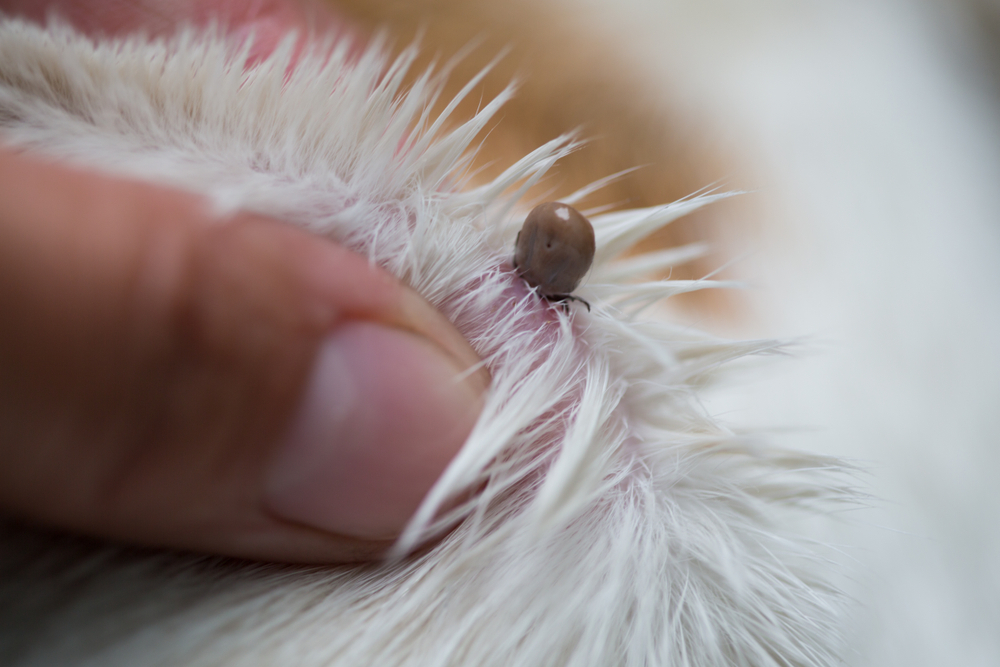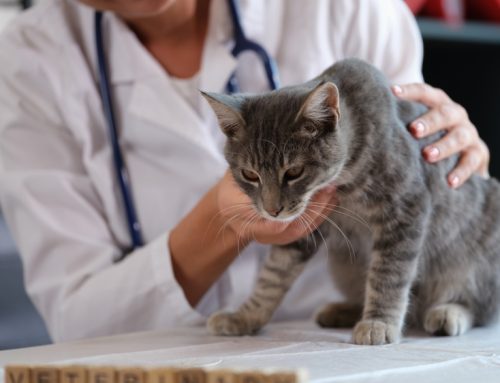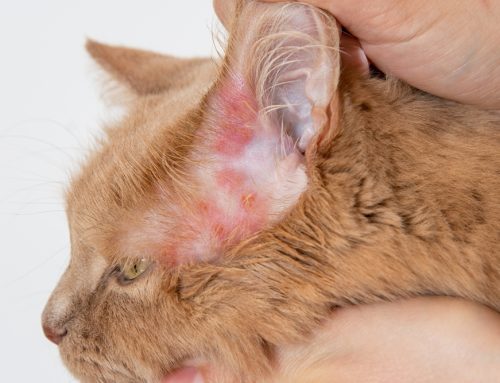As pet owners, we all want our furry friends to lead long, healthy, and happy lives. While providing love and attention is essential, another critical aspect of pet care is often overlooked: routine wellness care. At Chiefland Animal Hospital, we believe that wellness care is more than routine. It incorporates proactive measures to prevent diseases that can impact your pet’s quality of life—and shorten their lifespan. We are sharing details about five diseases that can seriously affect your pet, and how routine wellness care can ensure they stay healthy.
#1: Dental disease
Did you know that dental disease is one of the most common health problems in pets? In fact, up to 80% of pets develop dental disease before 3 years of age. If you consider that most pets never have their teeth brushed, it’s not surprising that so many suffer from painful tooth root infections, tooth loss, and even systemic health problems.
We perform a dental check-up during every wellness appointment and will let you know if your pet is due for a professional dental cleaning. During a cleaning, we will clean and polish your pet’s teeth and take dental X-rays to assess every tooth, from crown to root, for signs of advanced disease. Once your pet’s teeth are clean, you can begin daily toothbrushing at home to stave off future dental problems.
#2: Obesity
Obesity is a growing concern among pet owners. According to the Association for Pet Obesity Prevention, almost 60% of dogs and cats qualify as overweight or obese. While “fluffy” pets may be cute, a few extra pounds (which could be equivalent to 10 to 20 pounds or more on a person) can cause serious health issues for your pet, including arthritis, diabetes, and heart disease.
During your pet’s annual wellness exam, our team will weigh your pet and compare their weight to previous visits to track any significant gain or loss. We will also assign your pet a body condition score, which is similar to a human body mass index. If your pet is overweight, our veterinarians can provide guidance on nutrition and exercise tailored to your pet’s specific needs.
#3: Respiratory infections
Respiratory infections are common among dogs and cats, likely because they spread so easily through the air from one pet to another. Common respiratory pathogens in cats include feline herpesvirus, calicivirus, and Chlamydia, while dogs commonly develop infections from exposure to Bordetella, canine influenza virus, and parainfluenza virus. Most canine and feline respiratory infections cause minor symptoms, although occasional cases can progress to pneumonia and become life-threatening.
As part of your pet’s routine wellness visit, we will recommend vaccines to build their immunity and protect them against infectious diseases. Core vaccines for cats include common respiratory infections, while Bordetella and canine influenza are considered optional vaccines for dogs. However, we recommend these vaccines for any dog who has contact with other dogs, no matter how minimal. Even an occasional trip to a vet clinic or the groomer’s offers the opportunity for exposure to other pets—and disease-causing bacteria and viruses.
#4: Heartworm disease
Heartworm disease is a potentially deadly condition caused by the parasitic worm Dirofilaria immitis, which is transmitted through mosquito bites. When an infected mosquito bites your dog or cat, it transmits microscopic larval worms that mature over six months to 12-inch-long adult worms. As they grow, the worms travel to a pet’s heart and lungs where they cause inflammation and obstruct blood flow. In dogs, the worms begin to multiply and accumulate. Although heartworms cannot multiply in cats, the few worms that are present can cause substantial damage.
We recommend annual heartworm testing as part of your pet’s routine wellness visit. Additionally, every dog and cat should receive year-round heartworm prevention medications to keep them safe from this parasitic threat. Our team can recommend safe and effective options for your pet.
#5: Tick-borne diseases

Ticks are more than just a nuisance—they can transmit dangerous diseases, such as Lyme disease, ehrlichiosis, anaplasmosis, and Rocky Mountain spotted fever, to your beloved companion. The heartworm test we run includes testing for tick-borne infections as well, so we can detect these diseases before they cause significant problems for your pet. Year-round tick prevention is also critical. The medications we recommend will kill ticks shortly after they attach, and before they have the opportunity to transmit any diseases to your pet.
Now that you understand the importance of routine wellness care in preventing these serious conditions, take the first step in ensuring your pet’s well-being. Contact Chiefland Animal Hospital to schedule a wellness check-up for your beloved companion. Together, we can keep your pet healthy, happy, and by your side for years to come.








Leave A Comment